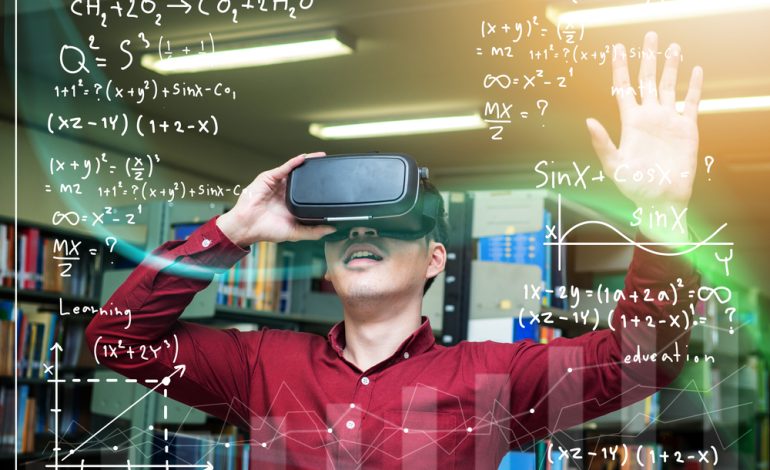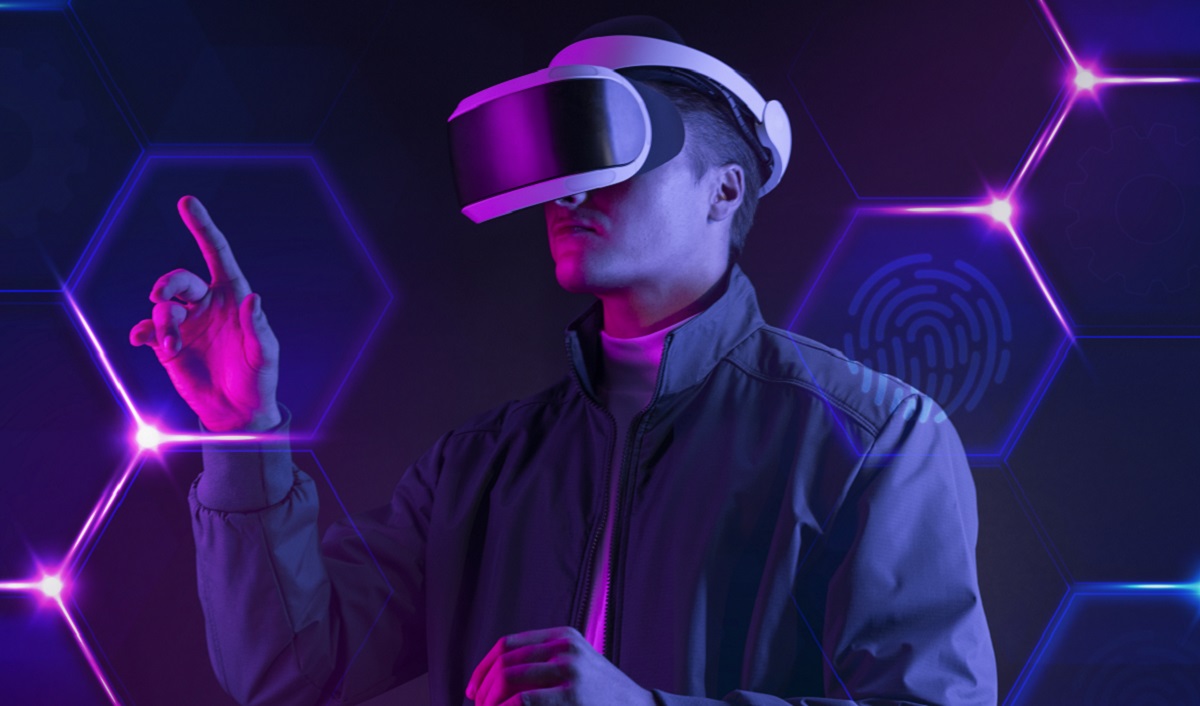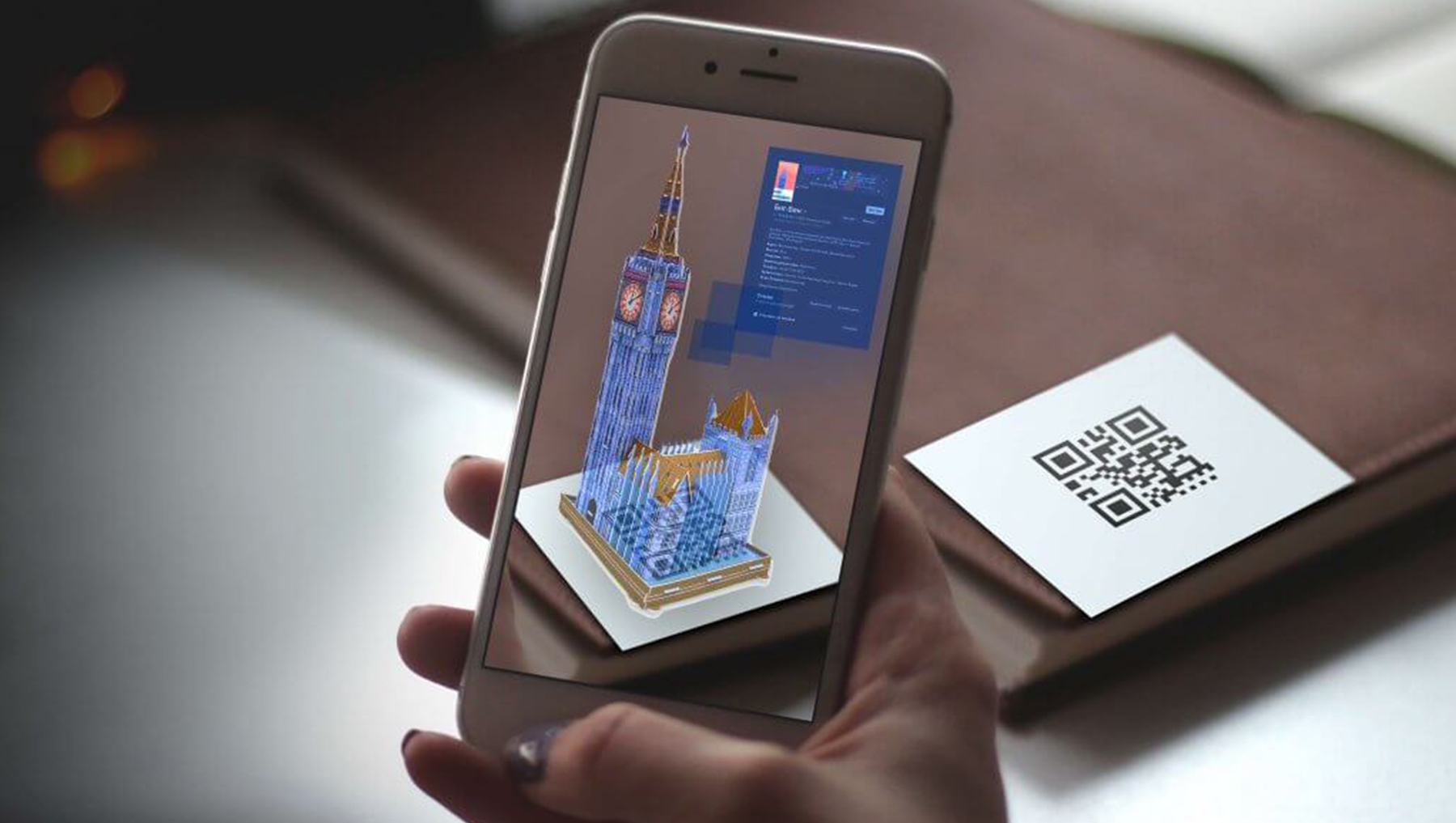The Future of Business Travel

When can robot room service, space business parks, and zero-emission aircraft be expected? Will we teleport to conferences, meet with clients in the metaverse, or even hold business events in space? What will business travel look like in the future?
Nobody can be sure. Booking.com for Business has been analysing data to highlight the most talked-about future business travel trends and issues and what business travellers might anticipate on work trips in the years and decades to come; Booking.com for Business has been analysing data.
Future business travel forecasts timeline

We’ve developed a timeline of anticipated developments in business travel, from the present until 2050, based on publications and papers that discuss future travel trends alongside specific years.
2023
Facial recognition technology is already being tried in significant airports to validate people’s IDs. According to reports, it will increase boarding efficiency and travel security. By the end of 2023, facial recognition technology may be available in every US state, saving frequent business travellers time that may be used more effectively if testing continues to be successful.
2024
By 2024, 3D CT scanners—already being tested at several airports—could do away with the hassle of requiring travellers to remove their computers and other electronics before passing through security. By 2024, it’s anticipated that this imaging technology will enable the UK to abolish its ban on liquids, and other nations will follow suit. Business travellers will undoubtedly benefit from the time savings provided by 3D scanners, making flying less of a bother.
2025
Some hotels are already utilising AI technology to reduce food waste as a result of successful pilot programmes. By recording precisely how much food is kept and thrown away and utilising this data to identify methods in which waste could be decreased, The Iberostar Group, in particular, is employing technology to support its goal of being landfill waste-free by 2025. Innovative lodging like this allows business travellers to select a green stay, benefiting both the environment and organisations with carbon-impact projects and sustainable ambitions.
2026
Blockchain technology, including NFTs (non-fungible tokens; digital files secured by a blockchain for secure trading), is expected to continue to develop and find increasing usage in business travel. Digital art that lets visitors explore routes to lodging properties and special digital passes that grant recipients incentives and discounts are examples of uses so far. Business travellers may soon need NFTs to access specialised hotel room packages or co-working spaces in addition to their use for plane tickets.
2027
Opening the first-ever space hotel/business park by 2027 is currently underway. In addition to offering unusual activities like low-gravity basketball, rock climbing, and trampolining this luxurious space station will have a revolving framework that will replicate gravity at its edges.
The cost will be unaffordable for some businesses, while others will be eager to schedule extraplanetary meetings and events as soon as feasible. Currently, reservations cost $5 million, which only covers a brief visit of 3.5 hours!
Travel for Business in the Future
The year 2027 may see the implementation of augmented reality (AR), another future concept. Business travellers can benefit from AR-enabled apps, from exploring new areas to translating into other languages. People can also visit a place and see it improved with new layers of information or take virtual tours of it from a distance. Similarly, AR may bring product demos to life and provide clients and customers with new ways to see and use things.
AR is currently constrained, lacking a broad field of view, and concerned with resolution, battery, and 3D sensing. Its attractiveness and adoption are so limiting, but it is anticipated that by 2027, consumers will have access to immersive, unrestricted AR experiences and the benefits they bring to mobile professionals.
2030
The projections state that AI will oversee and optimise guest comfort and energy efficiency in intelligent hotels. This will involve controlling heating and cooling systems, for example, to save energy bills and consumption, which is fantastic for businesses that want to be environmentally friendly.
Travel for Business in the Future
While this idea is currently in some eateries, business travellers may soon witness robots taking the place of some employees on a bigger scale, doing tasks like housekeeping and room service in hotels and guiding guests through their accommodations. Additionally, robot employees will be able to provide customer service and translate, ensuring that business clients have a pleasant stay and that business visits run well.
2035
Business travellers who fly on zero-emission commercial aircraft can further lessen their environmental impact. Airbus has already unveiled three concept planes, and one of these might be in use by 2035. This would be a significant victory for businesses looking to cut their carbon emissions as part of environmental initiatives.
2040
Automated systems and robotic workers, whether throughout the day or after typical business hours, will make checking in and out easy and hassle-free. For business travellers, luggage may be kept and sent to a different location, saving them time and enabling them to attend meetings without dragging around bulky cases. This kind of seamless travel should be commonplace by 2040; ideally, the travel sector will meet net-zero goals.
2050
By 2050, corporate travel might be conducted aboard hypersonic rocket planes, which are anticipated to reach speeds of over 15,000 mph. Due to the substantially shortened journey times (Europe to Australia in 90 minutes! ), this could create new commercial markets and opportunities in far-off nations and areas. Less time spent travelling will translate into more time for either Business or leisure at the other end.
Thinking forward
Although the aforementioned is simply a projection, much study indicates this timing is plausible. Of course, there is still a lot of discussion surrounding potential business travel trends. Examining the most popular online searches is another technique to investigate the future of business travel.
The hottest trends in upcoming business travel

Which are business travellers most attracted to and eager to experience in person? Supersonic planes? Travel in augmented reality? We looked into the trends with the most internet searches to find the hottest subjects currently trending to address this question.
The upcoming airport
Who better to ask about the future of airport design than frequent business travellers who spend a lot of time in lines and waiting areas? What business travellers expect to see in the airport terminal as they get ready to board their flight is revealed by Booking.com’s survey on 2023 airport travel trends.
According to our survey results, 28% of business travellers believe that the future airport must have specific areas where they may concentrate. Business travellers would also benefit from this since they frequently have to attempt to work in busy, noisy waiting areas.
Virtual queuing is ranked fourth among the 20 future facilities that all travellers would most like to see in future airports by almost 1 in 5 travellers, placing it second among those particular to business travellers’ needs. This would speed up checking in and boarding the aircraft, provide business travellers more time to work or unwind before boarding and reduce the time spent travelling.
Airports should have business hubs, according to 18% of travellers. Beyond work/study areas, these hubs offer an office-like setting where professionals and colleagues can have conferences, take calls, and concentrate on their work away from the terminal. Business travellers want to be able to conduct their regular operations wherever they are.
According to our poll, 16% of respondents believe adding separate meeting booths or pods would be fantastic. In this approach, business travellers can digitally check in with clients and colleagues while awaiting flights. This demonstrates once more how business travellers still desire the ability to concentrate when on the go.
16% of respondents want touchscreen shopping in the following airports. For business travellers, any opportunity to save time is a win. If they can acquire what they need without having to walk the entire airport, they will reduce their overall travel time and recover time that could have been spent responding to emails or setting up a meeting.
Travel for Business in the Future
Finally, 15% of respondents believe robot customer service would be an excellent method to address travel-related challenges, such as offering travellers options and alternatives for missed or cancelled flights. EliminatingEliminating the need for as many human airport/airline workers could increase efficiency while lowering total travel expenses.
What should airports do to remain competitive in the business travel market, and what do business travellers want from the airport of the future? In other words, a place to work and a smooth, quick process from check-in to boarding, aided by robotic and virtual helpers.
The most noteworthy developments in business travel for the future
We’ve already looked into the most popular future travel trends, so we know what Business travellers want from the airport of the future. But which topics are being covered in the media the most frequently? Facial recognition prevails in this case, but some other fascinating topics are currently receiving journalistic attention.
Conclusion
What will business travel look like in the future? Data, then, aids in painting a picture of what the future may hold for us.
Technology will be at the centre of how business travel develops; that much is certain. Virtual travel will provide tours of lodging and event venues before booking. Robotic assistants, virtual lines, and 3D scanners will streamline the airport experience. Additionally, thanks to improved in-flight entertainment and the impending arrival of hypersonic rocket jets, flying will be more fun and far faster.
Future hotels will also rely on technology, including mobile and robotic employees. And then there’s the promise of space hotels, which will soon make extraterrestrial business travel a reality!
Technology will also make corporate travel more environmentally friendly. Businesses with carbon reduction goals can significantly profit from zero-emission aircraft and net-zero hotels, which will also benefit the environment. Which of these upcoming developments will be most advantageous to you?





